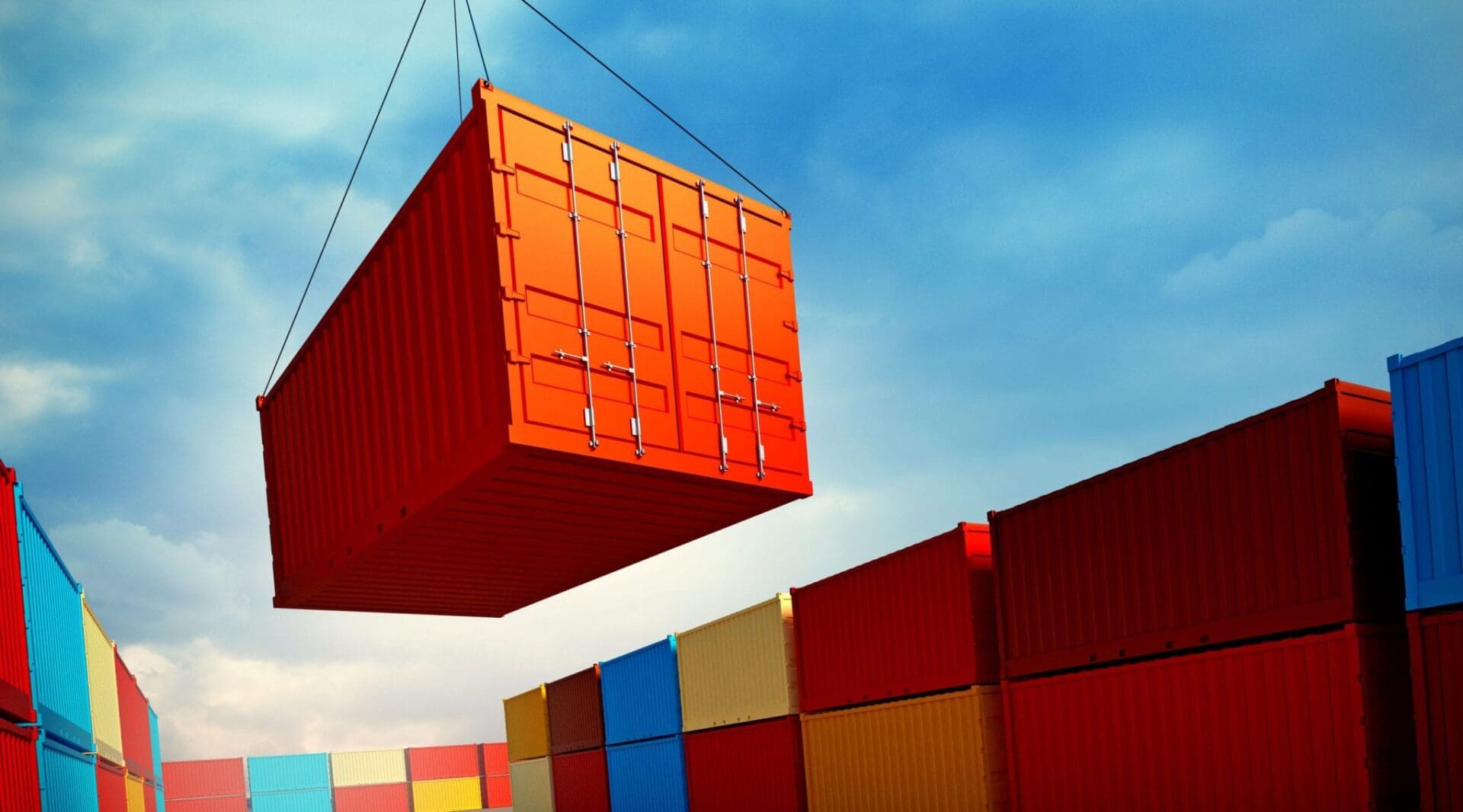Regulatory Implementation of the Centers of Excellence and Expertise
News Alert
> 03/13/2025 > Update: Section 232 Aluminum and Steel Reporting Guidelines
> 3/13/2025 > Urgent Update: Section 232 Tariffs Set to Take Effect
> 03/04/2025 > Canada, Mexico, and China Retaliatory Tariffs
> 03/04/25 > TARIFF UPDATE: Canada, Mexico, China, Steel & Aluminum
> 02/28/2025 > USTR Requests Comments on Foreign Trade Barriers and Non-Reciprocal Tariffs
> 02/27/2025 > Update on China, Canada, And Mexico Tariffs
> 02/26/25 > Will The New Additional Tariffs Affect My Customs Bond?
> 02/14/2025 > White House Issues Annexes Listing Section 232 Steel and Aluminum Derivatives

Regulatory Implementation of the Centers of Excellence and Expertise
Posted on Dec 29
(A Rule by the U.S. Customs and Border Protection on 12/20/16)
U.S. Customs and
Border Protection (CBP) established ten Centers of Excellence and Expertise
(Centers) managed from strategic locations around the country to focus CBP’s
trade expertise on industry-specific issues and provide tailored support for
importers. The concept of the Centers arose in response to claims that CBP’s
port-by-port trade processing authority sometimes resulted in similar goods
entered at different ports of entry receiving disparate processing treatment
causing trade disruptions, increased transaction costs, and information lapses
for both CBP and the importer. CBP established the Centers to facilitate trade,
reduce transaction costs, increase compliance with applicable import laws, and
achieve uniformity of treatment at the ports of entry for the identified
industries. CBP believes that providing broad decision-making authority to the
Centers will better enable the Centers to achieve these goals for CBP and the
trade.
Generally, each importer will be assigned to an
industry-category administered by a specific Center based on the tariff
classification in the HTSUS of the predominant number of goods imported. The
list of HTSUS numbers that will be used by CBP for the importer’s placement in
a Center is the same list of HTSUS numbers that are referenced in the
definition for Centers
In addition to creating uniform post-release processing and
determinations, the Centers will strengthen CBP trade personnel’s industry
knowledge by concentrating their expertise into a specific import industry set
as opposed to the entire range of import industries. According to outreach
conducted while evaluating this rule, such focused expertise has already
enriched CBP-Trade relations, as demonstrated through a Centers test
participant’s claim that Center account managers are very knowledgeable of
their industry and are now more familiar with their imports and trade issues.[18]
As
Centers staff increase their awareness of importers and their merchandise, they
may issue fewer requests for information, exams, or holds, which would provide
significant time and cost savings to CBP and trade members.
CBP
is accepting public comments toward the final rule through 1/19/17. The official Federal Register notice can be found here.
